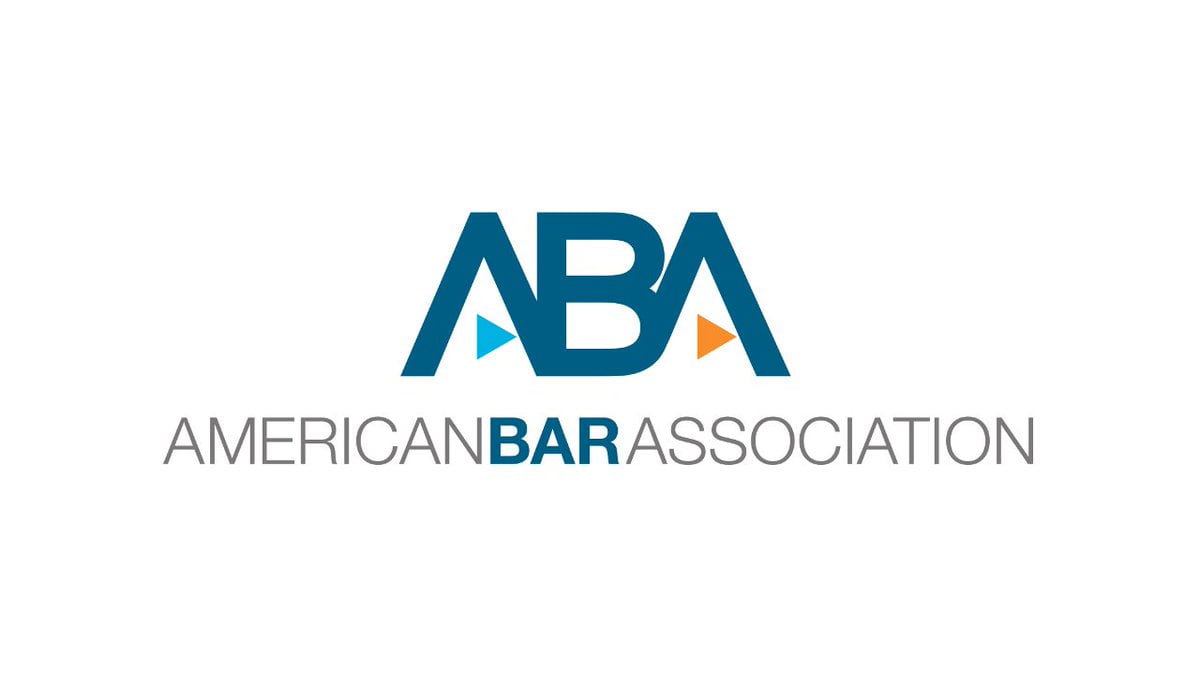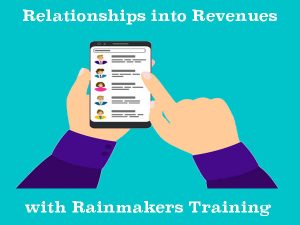Some state Bars are studying whether to amend their legal ethics rules. American Bar Association Resolution 115 supports making legal services more available. Lawyers believe that loosening restrictions on sales and marketing activities may increase the availability of legal services. Specific areas Bars are studying include referral fees, fee splitting, advertising, and solicitation rules. Further, Bars are contemplating regulation of business entities. If this occurs, legal ethics would apply to nonlawyer legal service providers (“LSPs”).
Access to Justice Is a Concern
The stated reason for the newfound focus on Bar rules is to address “access to justice” down market. At the low end of the market, legal consumers often have difficulty affording a lawyer.
However, most states are not rethinking geographic constraints on lawyers. Also, most states still prohibit partnerships between lawyers and nonlawyers or so-called MDPs.
Restrictions on MDPs and multi-jurisdictional firms contribute greatly to attorney struggles in competing with nonlawyers. The Bars’s reluctance to address these rules may be due to a fear that already has come to fruition. Competitors such as Axiom and the Big Four have entered the legal market at a high price point. Axiom already represents half of the companies in the Fortune 100.

The legal establishment’s slowness to act is what enabled nonlawyer competitors to gain a permanent foothold in the legal industry. Additional delay may render any rule revisions impotent.
Lawyers Should Participate in Rulemaking
As regulated parties, individual lawyers should participate in legal rulemaking within our states. We should comment on proposed rule changes. We need to help our older colleagues understand the dangers of procrastination. Those dangers will be borne by future generations of lawyers rather than the ones who already have made their reputations and their money.
Therefore, it is our responsibility to explain how the rules impact us. We should use concrete examples that answer certain questions.
- Can we easily attract clients under the rules?
- How easy is it to provide limited services to clients?
- In which ways do nonlawyer providers have an advantage over us because they are not subjected to our ethics rules?
Moreover, when we observe instances of legal consumers being harmed by nonlawyer LSPs, we should document and report the issue.
Academia Can’t Solve a Practical Problem
If we leave it to legal scholars and regulators to decide what the parameters should be for sales and marketing, the result is likely to be theoretical and ineffective. They are not practitioners. It should be clear why fact is important. People who do not regularly participate in the legal system (i.e., pro se litigants and LSPs) do not understand how to navigate it. By the same token, people who do not regularly engage in sales activities do not understand how to deploy them.
Newer Attorneys Have the Answers
That’s why senior lawyers cannot solve the problem. Most of them get clients because of entrenched relationships. They are accustomed to being given contracts, not competing for them. However, corporate buyers are facing pressure to stop giving contracts to their friends. Companies now expect them to engage in procurement processes and to include LSPs.
With LSPs gaining a seat at the table, competition is higher. Therefore, selling skills are becoming increasingly important.
We are doing our part to educate regulators. Sales for Lawyers provided Bar leaders across the nation with a complimentary copy of Sales for Lawyers: How to Sell within the Rules of Professional Conduct.
The book explains sales and marketing processes. It also suggests changes to Bar rules that would benefit legal consumers. The proposed changes also would help lawyers, in firms of all sizes, to compete against LSPs.
Are you doing your part? Subscribe to our blog to stay in-the-know on sales ethics.







Comments are closed